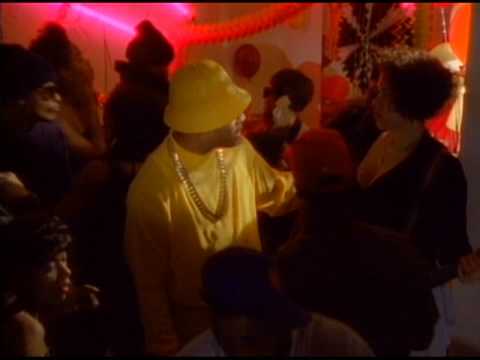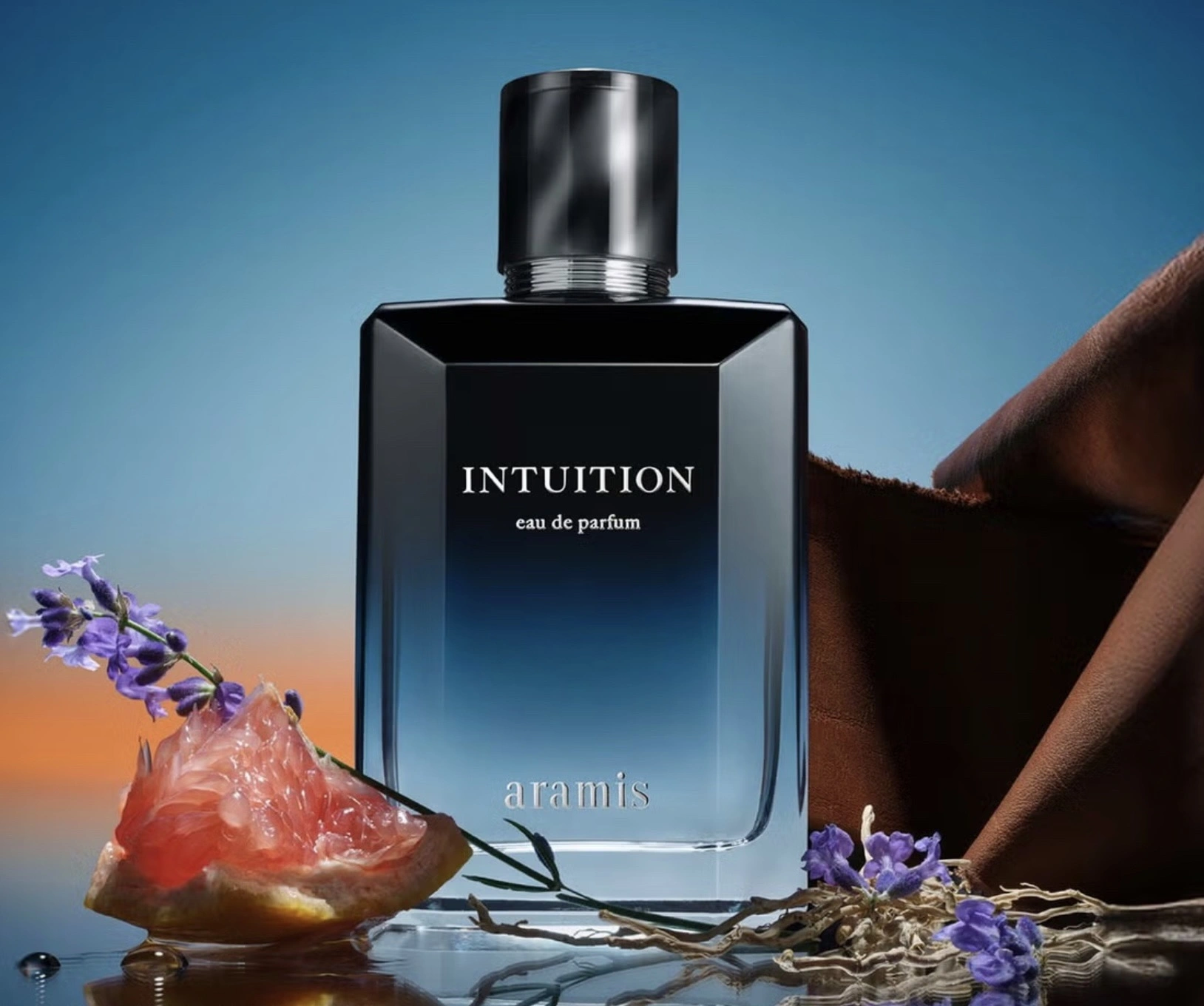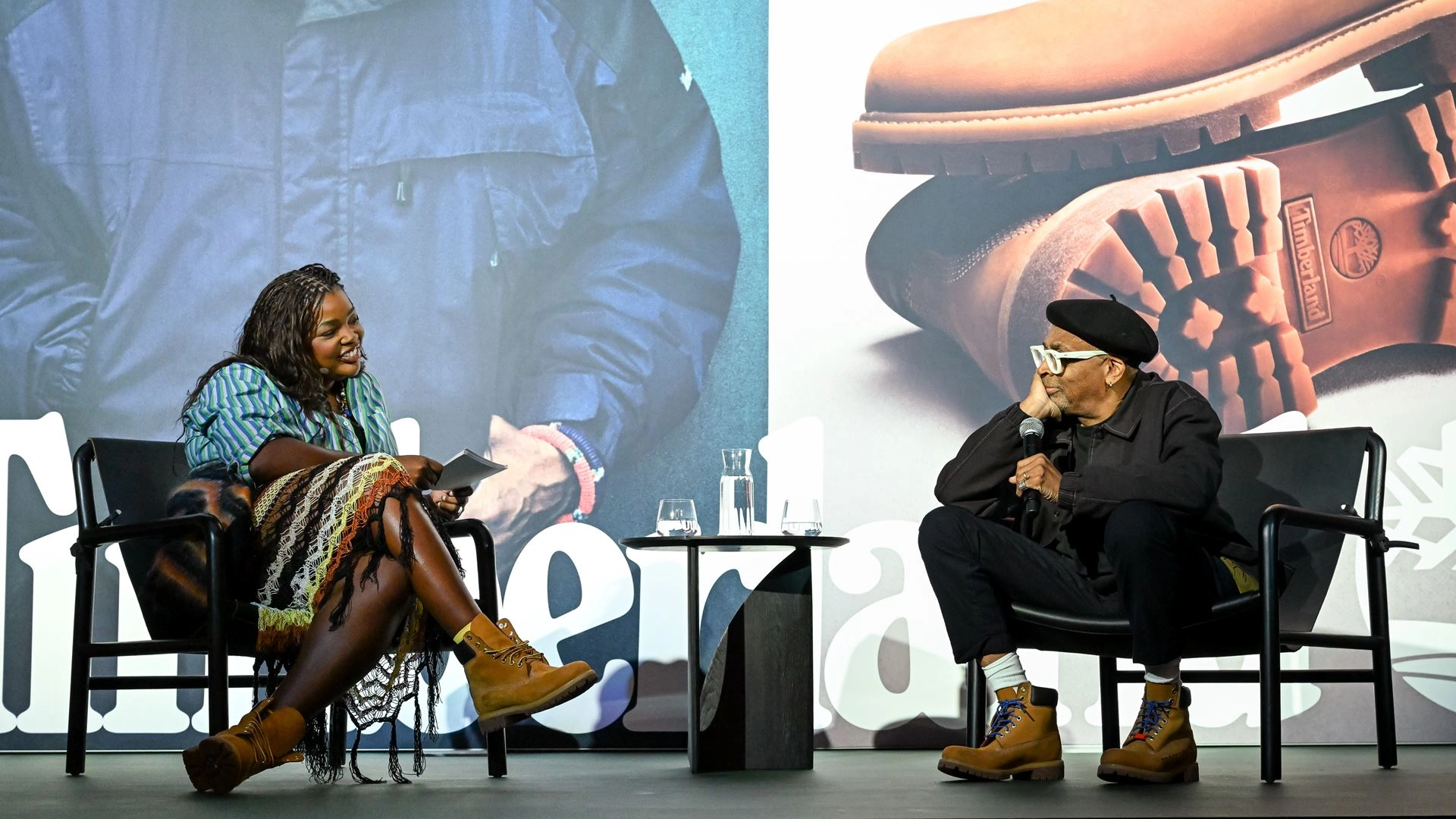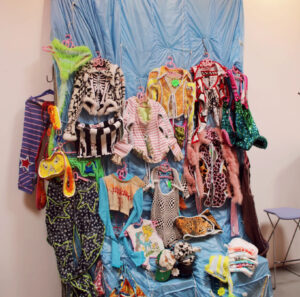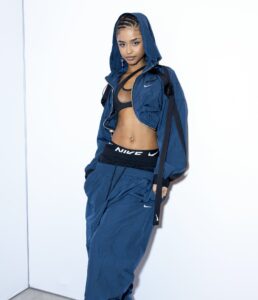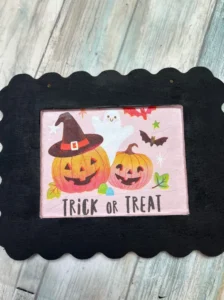LL Cool J’s “Jingling Baby” is more than just a catchy anthem; it’s a cornerstone of late 1980s hip-hop, showcasing LL’s lyrical prowess, unique delivery, and innovative production techniques. Released in 1989 as a single from his album Walking with a Panther, the track exemplifies LL’s ability to balance commercial appeal with street credibility.
By the late 1980s, LL Cool J was already a household name. His albums Radio (1985) and Bigger and Deffer (1987) had solidified his place in hip-hop, but Walking with a Panther presented a more polished, commercial sound. Critics often debated whether this shift undermined his credibility, but “Jingling Baby” silenced the naysayers. The track managed to maintain LL’s street roots while embracing the growing mainstream appeal of hip-hop.
The song’s title, “Jingling Baby,” comes from a trendy phrase repeated throughout the track, doubling as a flirtatious call to action and a signature boast. It captures LL’s charm and confidence, which were key elements of his persona during this era.
The production of “Jingling Baby” was helmed by Marley Marl, a legendary producer who was instrumental in shaping the golden age of hip-hop. Marley Marl’s approach to production emphasized layered sampling, crisp drum patterns, and innovative use of sound effects, all of which are evident in this track.
The beat is built around a funky bassline and a collection of samples that seamlessly blend together. Marley Marl drew inspiration from James Brown’s “Give It Up or Turnit a Loose,” utilizing its rhythmic energy and funkiness to create a foundation for LL’s rhymes. The track also features prominent vocal snippets and horn stabs that add a dynamic flair.
The drum pattern is infectious, relying on tight snare hits and punchy kicks to drive the beat. Layered over this is a collection of percussive elements that keep the rhythm engaging and danceable. The production is a perfect example of the sonic innovation that defined late ’80s hip-hop, blending funk, soul, and rap into a cohesive whole.
LL Cool J later released a remixed version of “Jingling Baby” (Remixed But Still Jingling), which introduced new elements while retaining the essence of the original. The remix added more polished transitions and heightened energy, making it a hit in clubs and on the radio.
LL Cool J’s lyrical style in “Jingling Baby” is a swift in wordplay, charisma, and confidence. The verses are filled with braggadocio, clever metaphors, and a swagger that showcases LL’s ability to dominate a track.
The song’s lyrics are both playful and assertive, with LL flexing his lyrical skill while maintaining a flirtatious tone. Lines like “When I walk through the door, I’m all that and more” reflect LL’s self-assured persona, while expressing a charismatic effrontery. The song’s recurring hook—“Jingling, baby. Go ‘head, baby”—acts as both an invitation and a mantra, adding a hypnotic quality to the track.
LL’s flow on “Jingling Baby” is smooth yet commanding. He transitions effortlessly between rapid-fire bars and slower, more deliberate phrases, showcasing his versatility. His voice carries a melodic quality that makes the track as much about rhythm as it is about lyrics. This blend of technical skill and effortless charm is what set LL apart from his peers.
“Jingling Baby” arrived at a time when hip-hop was solidifying its place in mainstream music, and LL Cool J was one of its most prominent ambassadors. The track’s appeal went beyond hardcore rap fans, finding its way into clubs, radio stations, and even casual listeners’ playlists.
The song helped bridge the gap between hip-hop’s gritty origins and its commercial potential. It proved that rap could maintain its edge while appealing to a wider audience. Marley Marl’s production and LL’s charismatic delivery became a blueprint for artists aiming to achieve crossover success without sacrificing authenticity.
LL Cool J’s image during the Walking with a Panther era was as iconic as his music. Known for his Kangol hats, gold chains, and Adidas tracksuits, LL’s fashion sense was a reflection of hip-hop culture at the time. “Jingling Baby” reinforced this aesthetic, with LL embodying the confidence and swagger that defined late ’80s style.
The track’s infectious beat and catchy hook made it a favorite in clubs and on the radio. It was a song you could dance to, vibe with, or simply admire for its lyrical wit and production quality. This versatility helped “Jingling Baby” achieve lasting popularity, remaining a staple in hip-hop DJ sets decades later.
Over three decades after its release, “Jingling Baby” should resonate with fans and critics alike. It’s a track that encapsulates the energy and creativity of hip-hop’s golden age, serving as a reminder of LL Cool J’s influence on the genre.
Many contemporary artists cite LL Cool J as an inspiration, and songs like “Jingling Baby” are a big part of that legacy. Its blend of funk-inspired beats, sharp lyricism, and crossover appeal laid the groundwork for countless hits in the decades that followed.
A Snapshot of an Era
Listening to “Jingling Baby” today is like stepping into a time capsule. The track captures the sound, style, and spirit of late 1980s hip-hop while remaining fresh and relevant. Its timeless appeal is a testament to the craftsmanship of both LL Cool J and Marley Marl.
LL Cool J’s “Jingling Baby” is a perfect example of what makes hip-hop such a powerful art form. From its innovative production to its charismatic lyrics, the song is a masterclass in balancing commercial appeal with artistic integrity. LL’s ability to command a track with his voice and presence is on full display, while Marley Marl’s production provides the perfect backdrop for his performance.
More than just a hit single, “Jingling Baby” is a cultural artifact that represents a pivotal moment in hip-hop history. It’s a track that continues to inspire and entertain, proving that great music transcends time. Whether you’re a lifelong fan or a newcomer to LL Cool J’s discography, “Jingling Baby” is a must-listen—an enduring testament to the creativity and energy of late 1980s hip-hop.
No comments yet.

